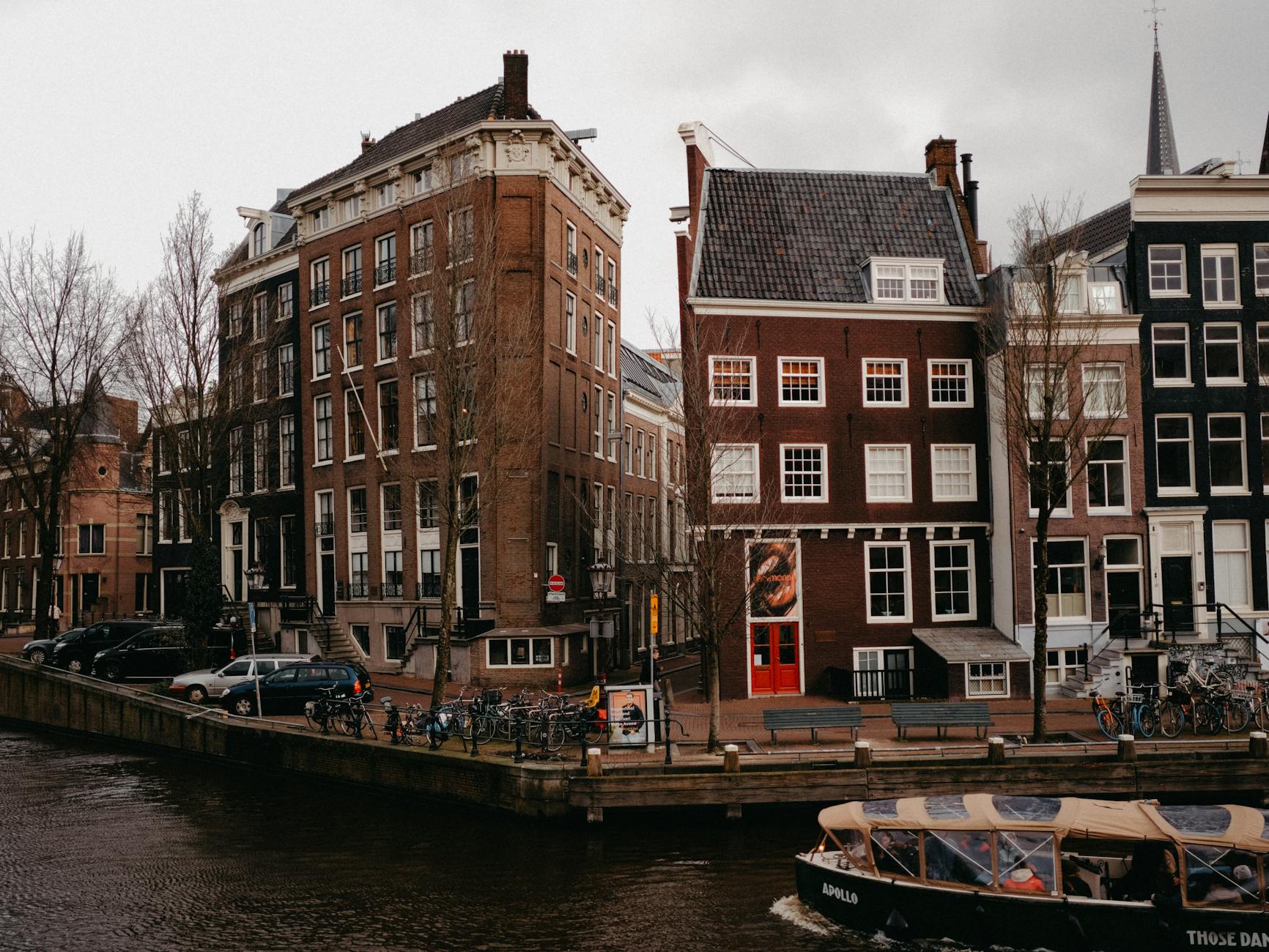How to Plan an Australian Adventure with a Focus on Biodiversity

Choosing the Right Destinations
When planning an environmentally conscious trip, selecting the right destination is crucial in aligning your travel with conservation goals. I remember a powerful moment at the Royal Botanic Gardens Victoria, observing diverse species thrive due to dedicated preservation efforts. This experience fuels my passion for promoting ecological preservation. One destination that combines awe-inspiring landscapes with wildlife conservation is a Victoria Falls safari. Here, travellers can explore the rich biodiversity while contributing to local conservation projects.
Another compelling option is South America travel, which offers a chance to engage with ecosystems vastly different from our own. Exploring the Amazon rainforest, for instance, highlights the importance of preserving habitats and understanding the delicate balance of these ecosystems. Additionally, Arctic cruises provide a rare glimpse into our planet's most fragile environments, where travellers can witness the direct impacts of climate change. These expeditions often include educational components, emphasising the need for urgent conservation action.
Choosing destinations aligned with conservation values is not just about travel; it's about making a positive impact. By supporting eco-friendly initiatives, we can contribute to the preservation of biodiversity and inspire others to follow suit. This way, our journeys become more than just vacations—they are part of a larger narrative of environmental responsibility and stewardship.
Planning Ethical Activities
Conservation-Focused Tours
Planning an ethical trip to Africa means aligning travel with conservation values. One option is to explore an African safari that integrates ecological preservation. For instance, while on a Namibia safari, you can engage in initiatives that actively protect endangered species. These experiences offer immersion into the landscape while safeguarding habitats. It’s similar to eco-friendly tours I’ve taken in the Yarra Valley, which combine experiencing nature with preserving it for future generations.
Local Research Participation Opportunities
Joining local research initiatives provides a hands-on way to contribute to wildlife conservation. Many tours now partner with researchers to offer travellers the chance to assist in projects like tracking animal movements or habitat restoration. This approach not only enriches your understanding of the local biosphere but also supports ongoing conservation efforts. From my perspective, it feels akin to volunteering at CERES Community Environment Park, where you tangibly impact sustainability projects.
Sustainable Wildlife Encounters
Ethical wildlife encounters are fundamental to sustainable travel. When partaking in activities such as a Namibia safari, ensure the operators adhere to strict guidelines that prioritize animal welfare and ecosystem preservation. In my experiences, adhering to these benchmarks ensures a meaningful connection with wildlife that also fosters conservation. Much like visiting the Royal Botanic Gardens Victoria, witnessing nature’s beauty can spark a deeper commitment to protect and conserve our planet.
Preparing for Your Adventure
Packing Eco-Friendly Essentials
Embarking on an eco-conscious journey calls for packing with the environment in mind. I have always believed that what we bring on our travels reflects our commitment to sustainable tourism. I recommend investing in reusable items like water bottles, utensils, and cloth bags. These small changes can significantly reduce single-use plastics. Consider eco-friendly toiletries that forgo harmful chemicals, such as biodegradable soap and organic sunscreen. This careful packing process not only benefits the destinations we visit but also reflects the initiatives championed at places like CERES Community Environment Park.
Navigating Conservation Regulations
Before venturing into biodiversity-rich areas like a tailormade South America trip or a Kenya safari, familiarize yourself with local conservation laws. Many regions have regulations to protect native species and habitats. Researching these rules ensures ethical engagement and prevents unintentional harm to ecosystems. It’s crucial to understand the importance of these guidelines in preserving natural habitats, much like the symposia held at Royal Botanic Gardens Victoria stress. In my experience, respecting these regulations deepens your travel experience, fostering a genuine connection with the environment.
Staying Informed with Local Guides
Local guides are invaluable resources for understanding the ecological nuances of a region. Their insights enhance your experience through authentic narratives and cultural context. Engaging with knowledgeable guides not only enriches your adventure but supports local economies and conservation efforts. This approach mirrors the eco-friendly tours in Yarra Valley, where the emphasis on local expertise enhances both educational and ecological value. As always, aligning with informed guides contributes to a trip that is both memorable and mindful.
Engaging with Local Communities
Supporting Indigenous Conservation Efforts
Years back, during a visit to Uganda, I observed indigenous communities play vital roles in ecological preservation. Their involvement in gorilla trekking Uganda not only serves as a tourism avenue but also safeguards gorilla habitats. These communities are deeply connected to their land, and their traditional conservation methods offer invaluable insights into sustainable practices. Collaborating with local tribes in South Africa during South Africa tours provides similar enriching experiences. Listening to their stories not only spreads awareness but also ensures that the revenue supports their conservation efforts, making a significant impact without compromising their way of life.
Participating in Community Education Programs
Sustainable travel often extends beyond merely observing; it's about immersing oneself in community initiatives that promote environmental education. In Australia, programs across regions akin to the Yarra Valley focus on imparting knowledge around biodiversity and sustainable practices. Joining workshops during your travels is an excellent way to contribute while gaining new perspectives. These programs encourage visitors to not only learn but also educate others, creating a ripple effect of awareness.
Sourcing Ethical Souvenirs
Whenever you travel, sourcing souvenirs can be a tricky affair. It’s crucial to choose ethically made products that support local artisans rather than exploit natural resources. Many communities offer handmade crafts that reflect their cultural heritage without harming the environment. By prioritising ethical purchases, you ensure that your contribution supports sustainability and respects cultural integrity. Always ask about the origin of materials and the crafting process, ensuring it aligns with conservation principles.
Avoiding Common Mistakes in Eco-Friendly Travel
Recognizing Environmental Consequences
Throughout my travels in Australia, I've witnessed firsthand how overlooking even the smallest environmental details can lead to significant harm. For instance, during a visit to the Royal Botanic Gardens Victoria, I learned that many travellers unknowingly contribute to habitat degradation by venturing off marked trails. This disrupts natural vegetation and disturbs local wildlife. It's crucial that we adhere to established pathways and stay informed on the best practices to minimise our footprint. Remember, each step has an impact, and it is our duty to tread lightly in these precious ecosystems.
Embracing Community Engagement
While exploring eco-friendly tours in the Yarra Valley, I realised the immense value of community involvement in conservation. Many tourists overlook the significance of supporting Indigenous conservation initiatives and engaging with local communities. By actively participating in workshops or guided tours led by local caretakers, like those at CERES Community Environment Park, we gain deeper insights into sustainable practices. Fostering these connections not only enriches our travel experience but also strengthens community-led conservation efforts.
Respecting Conservation Resources
Another common mistake is the misuse or ignorant handling of conservation resources. In my conservation journey, I learnt that resources designated for sustainable wildlife encounters or local research can inadvertently be strained by unprepared travellers. It’s pivotal to respect and utilise these resources responsibly. Whether it’s following guidelines or properly packing essentials, these actions ensure that efforts to preserve biodiversity aren't compromised, paving the way for future generations to enjoy.
By correcting these common missteps, we not only enhance our own travel experiences but also contribute meaningfully to the cause of ecological preservation.


